Editor’s note: The following is excerpted from Hero Tales from American History, by Henry Cabot Lodge and Theodore Roosevelt.
It is difficult to conceive that there ever was a time when the United States paid a money tribute to anybody. It is even more difficult to imagine the United States paying blackmail to a set of small piratical tribes on the coast of Africa. Yet this is precisely what we once did with the Barbary powers, as they were called the States of Morocco, Tunis, Tripoli, and Algiers, lying along the northern coast of Africa. The only excuse to be made for such action was that we merely followed the example of Christendom. The civilized people of the world were then in the habit of paying sums of money to these miserable pirates, in order to secure immunity for their merchant vessels in the Mediterranean. For this purpose Congress appropriated money, and treaties were made by the President and ratified by the Senate. On one occasion, at least, Congress actually revoked the authorization of some new ships for the navy, and appropriated more money than was required to build the men-of-war in order to buy off the Barbary powers. The fund for this disgraceful purpose was known as the “Mediterranean fund,” and was intrusted to the Secretary of State to be disbursed by him in his discretion. After we had our brush with France, however, in 1798, and after Truxtun’s brilliant victory over the French frigate L’Insurgente in the following year, it occurred to our government that perhaps there was a more direct as well as a more manly way of dealing with the Barbary pirates than by feebly paying them tribute, and in 1801 a small squadron, under Commodore Dale, proceeded to the Mediterranean.
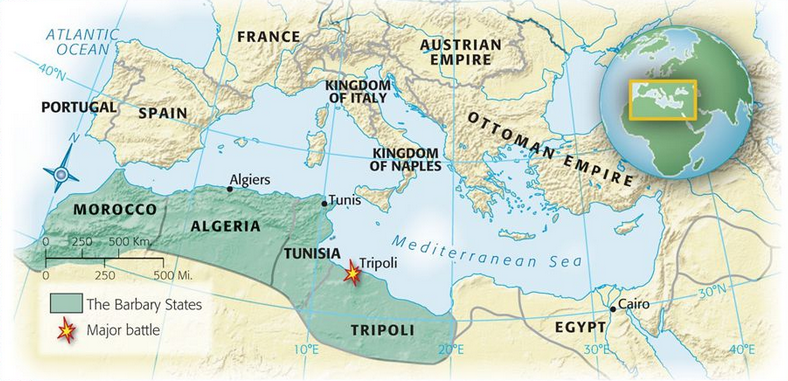
At the same time events occurred which showed strikingly the absurdity as well as the weakness of this policy of paying blackmail to pirates. The Bashaw of Tripoli, complaining that we had given more money to some of the Algerian ministers than we had to him, and also that we had presented Algiers with a frigate, declared war upon us, and cut down the flag-staff in front of the residence of the American consul. At the same time, and for the same reason, Morocco and Tunis began to grumble at the treatment which they had received. The fact was that, with nations as with individuals, when the payment of blackmail is once begun there is no end to it. The appearance, however, of our little squadron in the Mediterranean showed at once the superiority of a policy of force over one of cowardly submission. Morocco and Tunis immediately stopped their grumbling and came to terms with the United States, and this left us free to deal with Tripoli.
Commodore Dale had sailed before the declaration of war by Tripoli was known, and he was therefore hampered by his orders, which permitted him only to protect our commerce, and which forbade actual hostilities. Nevertheless, even under these limited orders, the Enterprise, of twelve guns, commanded by Lieutenant Sterrett, fought an action with the Tripolitan ship Tripoli, of fourteen guns. The engagement lasted three hours, when the Tripoli struck, having lost her mizzenmast, and with twenty of her crew killed and thirty wounded. Sterrett, having no orders to make captures, threw all the guns and ammunition of the Tripoli overboard, cut away her remaining masts, and left her with only one spar and a single sail to drift back to Tripoli, as a hint to the Bashaw of the new American policy.
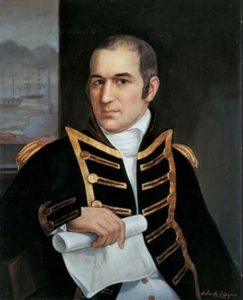
In 1803 the command of our fleet in the Mediterranean was taken by Commodore Preble, who had just succeeded in forcing satisfaction from Morocco for an attack made upon our merchantmen by a vessel from Tangier. He also proclaimed a blockade of Tripoli and was preparing to enforce it when the news reached him that the frigate Philadelphia, forty-four guns, commanded by Captain Bainbridge, and one of the best ships in our navy, had gone upon a reef in the harbor of Tripoli, while pursuing a vessel there, and had been surrounded and captured, with all her crew, by the Tripolitan gunboats, when she was entirely helpless either to fight or sail. This was a very serious blow to our navy and to our operations against Tripoli. It not only weakened our forces, but it was also a great help to the enemy. The Tripolitans got the Philadelphia off the rocks, towed her into the harbor, and anchored her close under the guns of their forts. They also replaced her batteries, and prepared to make her ready for sea, where she would have been a most formidable danger to our shipping.
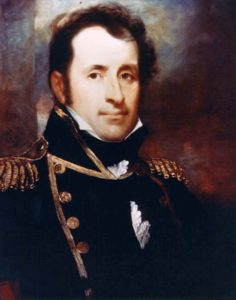
Under these circumstances Stephen Decatur, a young lieutenant in command of the Enterprise, offered to Commodore Preble to go into the harbor and destroy the Philadelphia. Some delay ensued, as our squadron was driven by severe gales from the Tripolitan coast; but at last, in January, 1804, Preble gave orders to Decatur to undertake the work for which he had volunteered. A small vessel known as a ketch had been recently captured from the Tripolitans by Decatur, and this prize was now named the Intrepid, and assigned to him for the work he had in hand. He took seventy men from his own ship, the Enterprise, and put them on the Intrepid, and then, accompanied by Lieutenant Stewart in the Siren, who was to support him, he set sail for Tripoli. He and his crew were very much cramped as well as badly fed on the little vessel which had been given to them, but they succeeded, nevertheless, in reaching Tripoli in safety, accompanied by the Siren.
For nearly a week they were unable to approach the harbor, owing to severe gales which threatened the loss of their vessel; but on February 16 the weather moderated and Decatur determined to go in. It is well to recall, briefly, the extreme peril of the attack which he was about to make. The Philadelphia, with forty guns mounted, double-shotted, and ready for firing, and manned by a full complement of men, was moored within half a gunshot of the Bashaw’s castle, the mole and crown batteries, and within range of ten other batteries, mounting, altogether, one hundred and fifteen guns. Some Tripolitan cruisers, two galleys, and nineteen gunboats also lay between the Philadelphia and the shore. Into the midst of this powerful armament Decatur had to go with his little vessel of sixty tons, carrying four small guns and having a crew of seventy-five men.
The Americans, however, were entirely undismayed by the odds against them, and at seven o’clock Decatur went into the harbor between the reef and shoal which formed its mouth. He steered on steadily toward the Philadelphia, the breeze getting constantly lighter, and by half-past nine was within two hundred yards of the frigate. As they approached Decatur stood at the helm with the pilot, only two or three men showing on deck and the rest of the crew lying hidden under the bulwarks. In this way he drifted to within nearly twenty yards of the Philadelphia. The suspicions of the Tripolitans, however, were not aroused, and when they hailed the Intrepid, the pilot answered that they had lost their anchors in a gale, and asked that they might run a warp to the frigate and ride by her. While the talk went on the Intrepid’s boat shoved off with the rope, and pulling to the fore-chains of the Philadelphia, made the line fast. A few of the crew then began to haul on the lines, and thus the Intrepid was drawn gradually toward the frigate.
The suspicions of the Tripolitans were now at last awakened. They raised the cry of “Americanos!” and ordered off the Intrepid, but it was too late. As the vessels came in contact, Decatur sprang up the main chains of the Philadelphia, calling out the order to board. He was rapidly followed by his officers and men, and as they swarmed over the rails and came upon the deck, the Tripolitan crew gathered, panic-stricken, in a confused mass on the forecastle. Decatur waited a moment until his men were behind him, and then, placing himself at their head, drew his sword and rushed upon the Tripolitans. There was a very short struggle, and the Tripolitans, crowded together, terrified and surprised, were cut down or driven overboard. In five minutes the ship was cleared of the enemy.
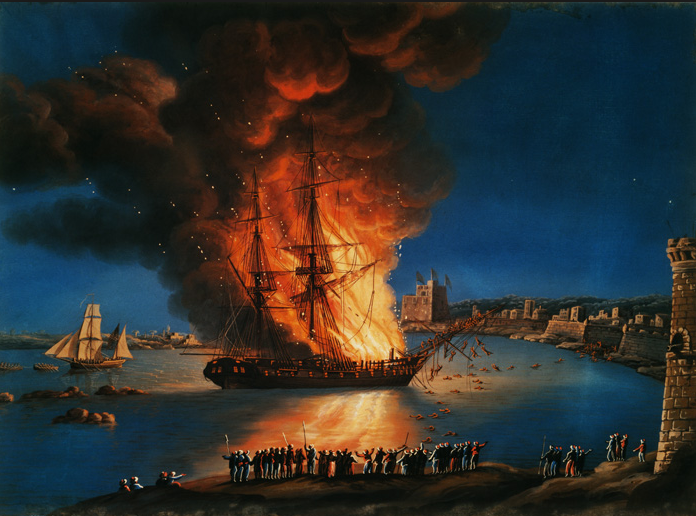
Decatur would have liked to have taken the Philadelphia out of the harbor, but that was impossible. He therefore gave orders to burn the ship, and his men, who had been thoroughly instructed in what they were to do, dispersed into all parts of the frigate with the combustibles which had been prepared, and in a few minutes, so well and quickly was the work done, the flames broke out in all parts of the Philadelphia. As soon as this was effected the order was given to return to the Intrepid. Without confusion the men obeyed. It was a moment of great danger, for fire was breaking out on all sides, and the Intrepid herself, filled as she was with powder and combustibles, was in great peril of sudden destruction. The rapidity of Decatur’s movements, however, saved everything. The cables were cut, the sweeps got out, and the Intrepid drew rapidly away from the burning frigate. It was a magnificent sight as the flames burst out over the Philadephia and ran rapidly and fiercely up the masts and rigging. As her guns became heated they were discharged, one battery pouring its shots into the town. Finally the cables parted, and then the Philadelphia, a mass of flames, drifted across the harbor, and blew up. Meantime the batteries of the shipping and the castle had been turned upon the Intrepid, but although the shot struck all around her, she escaped successfully with only one shot through her mainsail, and, joining the Siren, bore away.
This successful attack was carried through by the cool courage of Decatur and the admirable discipline of his men. The hazard was very great, the odds were very heavy, and everything depended on the nerve with which the attack was made and the completeness of the surprise. Nothing miscarried, and no success could have been more complete. Nelson, at that time in the Mediterranean, and the best judge of a naval exploit as well as the greatest naval commander who has ever lived, pronounced it “the most bold and daring act of the age.” We meet no single feat exactly like it in our own naval history, brilliant as that has been, until we come to Cushing’s destruction of the Albemarle in the war of the rebellion. In the years that have elapsed, and among the great events that have occurred since that time, Decatur’s burning of the Philadephia has been well-nigh forgotten; but it is one of those feats of arms which illustrate the high courage of American seamen, and which ought always to be remembered.

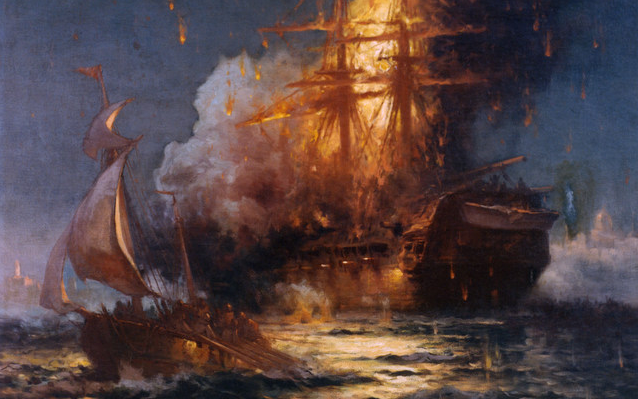

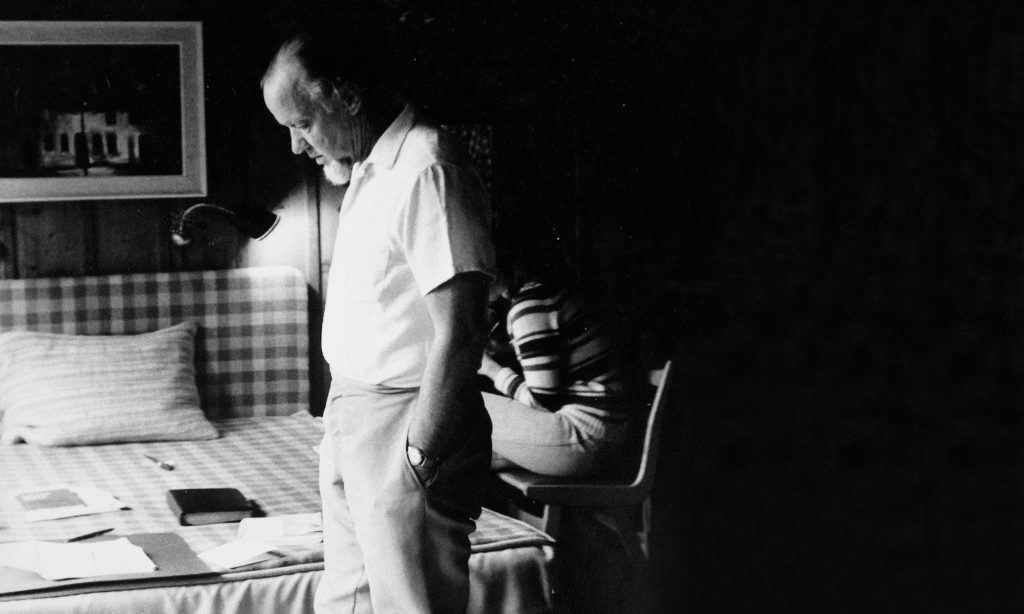
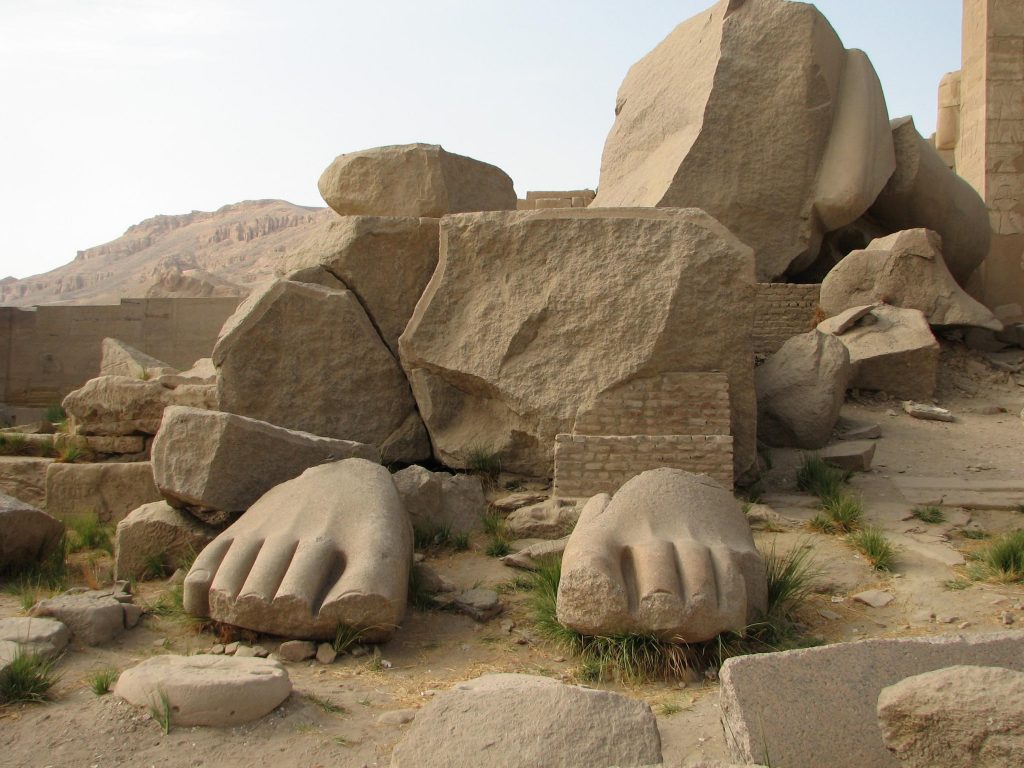

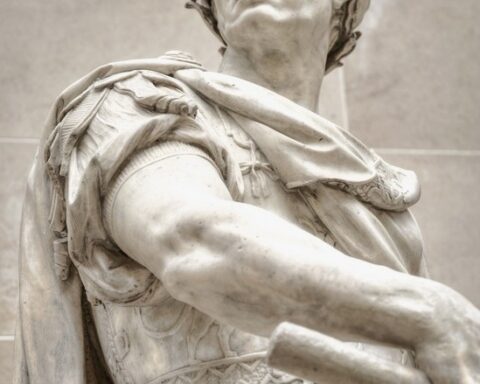

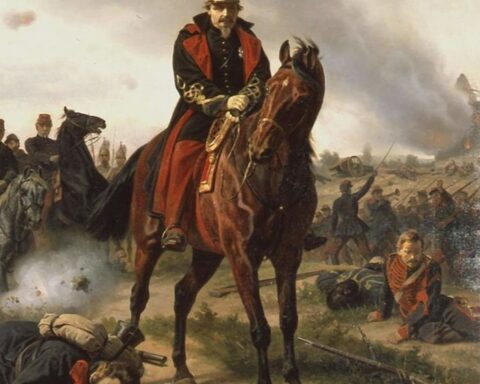
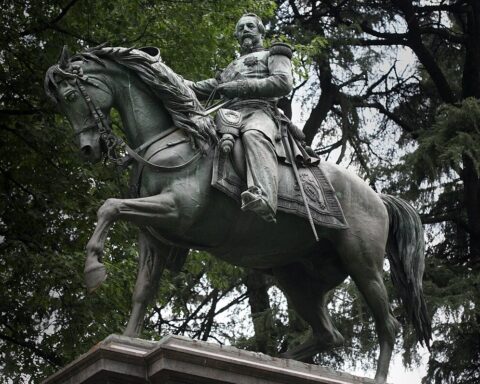
[…] Source link […]